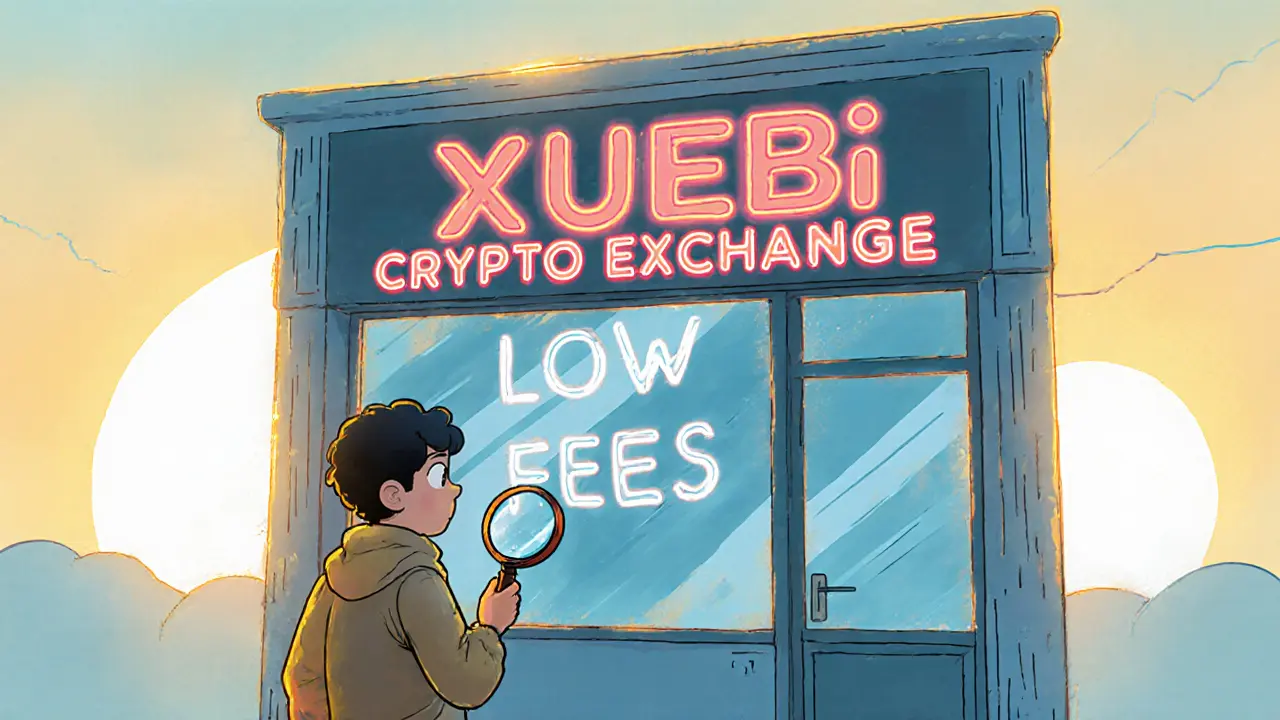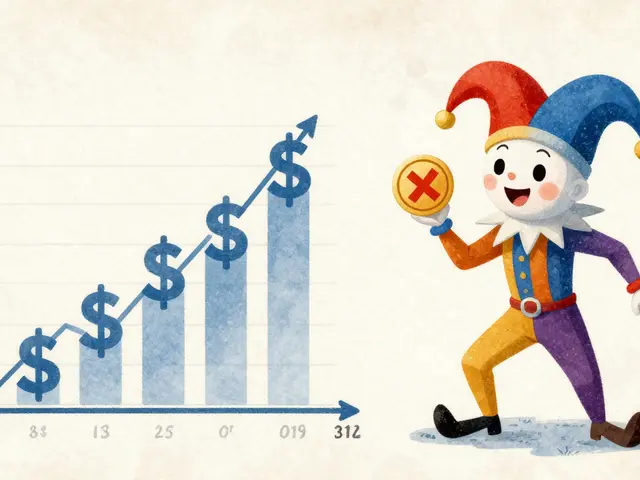Crypto Trading Platforms: How to Choose the Right One
When navigating crypto trading platforms, online services that let you buy, sell, or swap digital assets. Also known as exchange services, they act as the gateway between fiat money and blockchain tokens.
Two main families dominate the space: decentralized exchanges, peer‑to‑peer protocols that run on smart‑contract chains and centralized exchanges, company‑run platforms that hold custody of your funds. Both categories require you to evaluate liquidity, the ease of converting one asset to another without slippage and security, the measures that protect your assets from hacks or fraud. In short, crypto trading platforms encompass both types of exchanges, and picking one means balancing liquidity, security, fees, and regulatory compliance.
Regulatory climate shapes which platforms stay viable. For example, a platform that complies with AML/KYC rules can offer more fiat on‑ramps, while a non‑compliant service might face sudden shutdowns. Likewise, the geographic location of a platform influences tax treatment and user protection. These factors influence the overall user experience and long‑term reliability of the service you choose.
Below you’ll find a curated list of articles that unpack specific platforms, compare fees, dive into security audits, and walk you through practical steps to start trading. Whether you’re after a low‑fee DEX on zkSync, a stablecoin‑focused AMM on Polygon, or a high‑liquidity CEX, the guides ahead will give you the context you need to make an informed move.
Crypton Exchange Crypto Exchange Review: Best Platforms for U.S. Traders in 2026
A clear, no-fluff review of the best U.S. crypto exchanges in 2026. Compare fees, security, coin selection, and user experience to find the right platform for your trading style.
XueBi Crypto Exchange Review 2025 - Risks, Fees & Alternatives
A detailed, unbiased review of XueBi Crypto Exchange covering assets, security, fees, user experience, and how it compares to top platforms in 2025.






